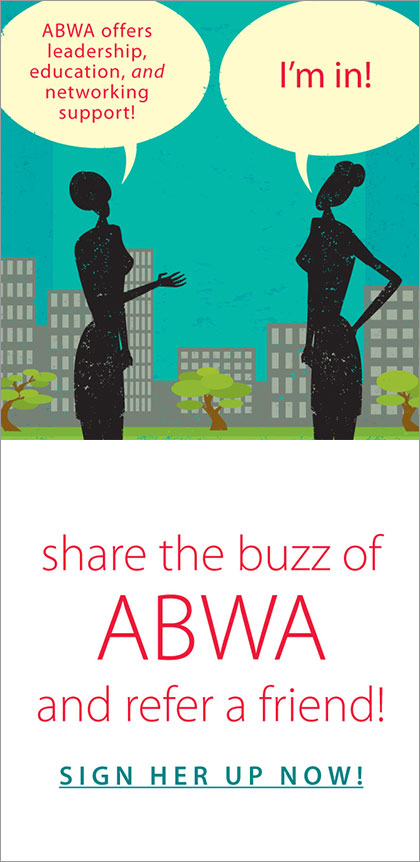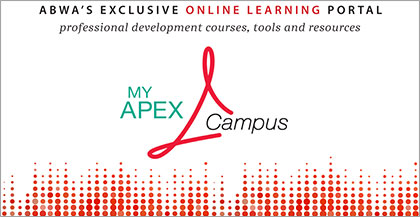
The Language of Popularity at Work: What to Say (and Do) to Stand Out in a Crowd By Kate Zabriskie
While the word popularity may remind many of us of our middle school or high school days, in the adult playground of professional life, being popular isn’t about cafeteria table politics; it’s about mastering the art of positive influence, nurturing relationships, and sculpting an aura of approachability and trustworthiness.
Adopting ten proven strategies can quickly increase your standing in any workplace crowd.
Be a Good Listener: Active engagement is the key to being a good listener. True engagement means waiting for your turn to speak and genuinely immersing yourself in understanding your colleagues’ thoughts and experiences. You can use phrases like, “I see what you mean; could you tell me more about that?” or “It sounds like you’re saying…” to demonstrate your attention. Asking open-ended questions like, “What do you think would be the best approach?” or “I’m interested in hearing more about this. Can you elaborate?” helps deepen the conversation. Additionally, showing empathy by asking, “How did that make you feel?” can make your colleagues feel truly heard and valued.
Offer Help and Support: Being known as a supportive and helpful colleague can greatly enhance your standing in the workplace. Knowing when to help involves recognizing moments where you can lend a hand and offering assistance in a non-intrusive way. Use language like, “I noticed you’re quite busy; can I help with anything?” or “If you need assistance with that project, I’m here to help.” Such small acts of kindness build trust and appreciation among your peers, fostering a collaborative and friendly work environment.
Celebrate Others’ Successes: Celebrating your colleagues’ achievements, whether big or small, fosters a positive and supportive environment. Express your happiness for them with sincere language like, “Congratulations on your success, you deserve it!” or “Your hard work on this project paid off. Well done!” Acknowledging their milestones with phrases like, “I’m so happy to see your efforts being recognized!” or “It’s great to see your talents appreciated like this!”. Acknowledging others’ success contributes to a culture of mutual respect and admiration.
Be Open and Approachable: Balancing professionalism with friendliness is key to being open and approachable. You can project approachability by being willing to engage in conversations and showing a genuine interest in others. Use phrases like, “I’d love to hear your thoughts on this,” or “Feel free to drop by my desk if you need anything.” Encouraging dialogue with, “Let’s brainstorm together,” or “I’m always open to new ideas” can foster a sense of camaraderie and collaboration. Openness not only makes you more accessible to colleagues but also contributes to a positive and inclusive work environment.
Be Positive and Have a Good Sense of Humor: Maintaining a positive attitude, especially during challenging times, is vital. A good sense of humor can also make you a welcome presence in the workplace. Phrases like, “Let’s keep our spirits up; we can tackle this challenge,” or “A little humor goes a long way in times like these,” can uplift the mood. Being able to laugh at yourself with comments like, “Well, that didn’t go as planned, but I learned something new!” shows resilience and tenacity.
Be Respectful and Inclusive: Treating everyone with respect and inclusivity is fundamental in a healthy workplace. Respect means valuing each person’s unique perspective and background. Use language that shows this respect, like, “I value your perspective,” or “Your experience in this area is insightful.” Avoid making assumptions and using language that could be viewed as discriminatory. Phrases such as, “I’d like to understand your viewpoint better,” or “Let’s ensure we hear from everyone,” promote inclusivity and respect for diversity.
Be a Team Player: Being a team player involves putting the team’s success ahead of personal glory. You can show group engagement with language like, “What’s best for the team?” or “Let’s work together to find the best solution.” Show willingness to compromise and collaborate with phrases such as, “I’m open to your thoughts,” or “Your input is valuable in achieving our common goal.” Sharing credit with statements like, “We couldn’t have done it without your expertise,” fosters a spirit of teamwork and collective achievement.
Be Curious and Learn from Others: Exhibiting curiosity and a willingness to learn from others can greatly enhance your professional relationships. Express this by asking questions like, “Can you teach me more about this?” or “I’d love to learn from your experience in this area.” Acknowledge the value of learning from others, regardless of their titles, with phrases like, “You bring a unique perspective; what do you think?” or “I admire your approach to this problem; can you explain it to me?”
Be Honest and Transparent: Honesty and transparency are key to building trust. Communicate openly with phrases like, “I want to be honest about the challenges we might face,” or “It’s important for me to share how I feel about this.” When mistakes happen, admit them with statements like, “I made an error, and here’s how I plan to fix it,” or “I take responsibility for that mistake.” Being transparent about your intentions can also be expressed through language like, “My goal in doing this is…”
Focus on Self-Improvement: Concentrating on your personal and professional growth involves a mindset of continuous learning and self-reflection. “I appreciate your insights on how I can do better,” or “Your feedback is valuable to my growth.” By focusing on self-improvement, you demonstrate a commitment to being the best version of yourself, which benefits you and the entire team.
Popularity in the workplace isn’t about seeking approval or competing for attention. It’s about embodying values that foster strong, respectful, and authentic relationships. With a few simple shifts, you can improve how others perceive you and increase your workplace status in no time.
About the Author:
Kate Zabriskie is the president of Business Training Works, Inc., a Maryland-based talent development firm. She and her team provide onsite, virtual, and online soft-skills training courses and workshops to clients in the United States and internationally. For more information, visit www.businesstrainingworks.com.







